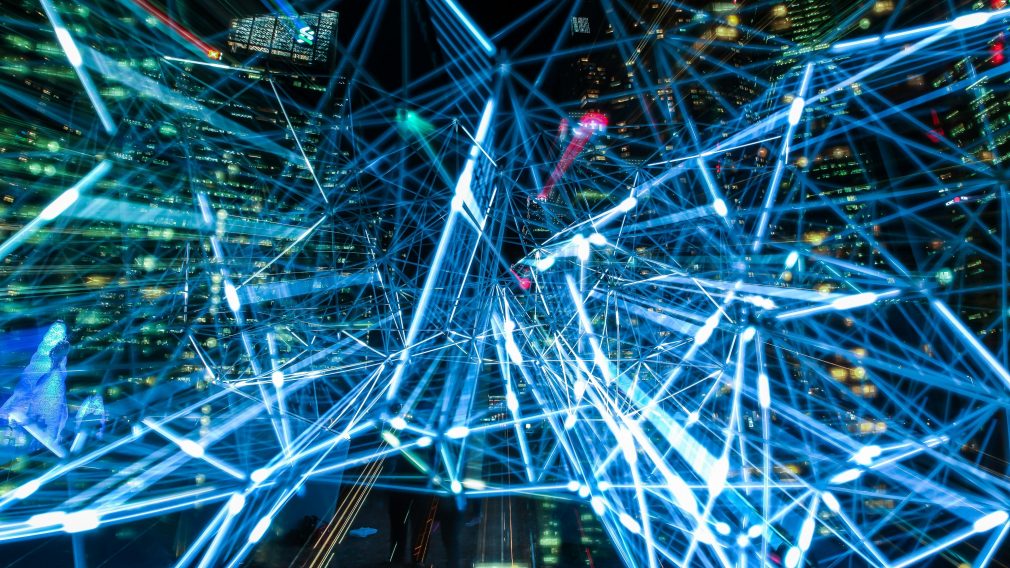The EU Blockchain Observatory and Forum gathers a group of experts working on the European level to analyse and report on a wide range of blockchain themes driven by the priorities of the European Commission. Since its inception in 2018, it has been committed to raise awareness of the technology domain and, in particular, to:
- Monitor blockchain initiatives in Europe
- Produce a comprehensive source of blockchain knowledge
- Create an attractive and transparent forum for sharing information and opinion
- Make recommendations on the role the EU could play in blockchain
In March 2019 a session dedicated to the convergence of the AI, blockchain and IoT revealed the potential of blockchain to complement efforts dedicated to development of the next generation of information services with a strong focus on IoT, sensor interconnection, information verification, M2M fusion and Smart Contracts. As things progress, digital transactions will take place in an increasingly automated way, without intermediaries or brokers, and involving both human and machine interaction and data sharing in the value chain. New digital data structures and integration process solutions that allow to lower the administrative cost of such operations (i.e. contract signing, invoicing and settlements), or share revenues for collaborative inputs, will therefore be breaking new ground for many of the digital industries.
The workshop report that was issued by the Forum organizers highlights the roles of all thee enabling technologies in achieving this vision:
- Blockchain role in transferring of value, decentralisation and smart contract automation.
- Artificial Intelligence role in autonomous analysis of data and adding value to it.
- IoT role in collecting data about the physical world.
As well as their current limitations:
- Blockchain’s is in a closed environment without interaction with “real world”. To be effective it requires trusted data to be added onto the chain.
- AI depends upon massive amounts of data to be effective, therefore it is important to ensure that there is adequate volume of valid and trustworthy data available .
- IoT generates the data that is needed, but it is useless if this data is not trusted, both at source but also as it processed along the value chain.
The topic of hardware oracles – systems that are able to interact with the world outside the blockchain – was extensively discussed at the workshop to highlight the critical need for trusted datastreams and certified information (highly processed data) to enter the code-executed transaction record, in order to further the operation and/or Smart Contract execution.
The future is therefore about linking traditional data sources, such as EO, to blockchain projects & the smart contracts that will rely on accurate and reliable physical representation of assets. EO sensor networks and associated data and services have the potential here to become functional agents in a Smart Contract value chain, by connecting the physical environment to digital ledgers. Satellite as a Hardware Oracle can consequently provide much needed opportunities for the entire industry to grow and innovate further.
The recording from the session is available under the link below:


